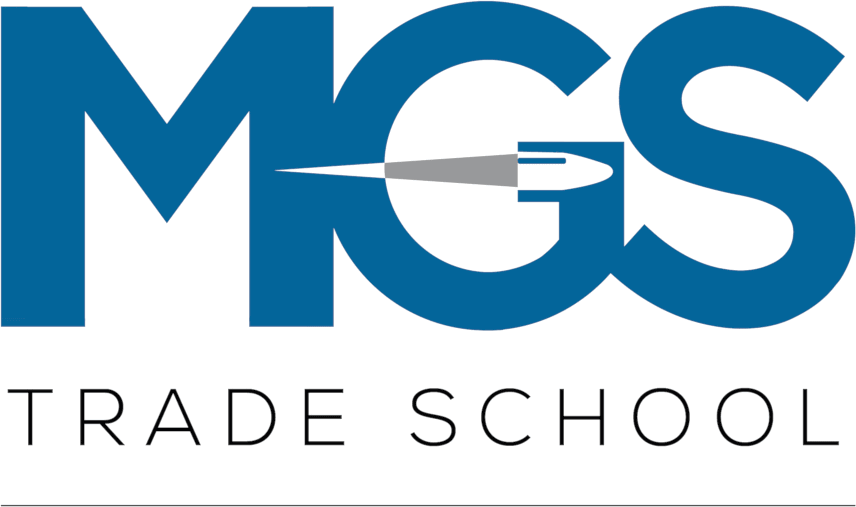5 Points Why Accreditation Is Important
G.I. Jobs Magazine author, Shane Christopher writes, “Don’t waste your time and money. If that degree isn’t from an accredited school, potential employers won’t care that you have it,” and this information couldn’t be any more true.
Accreditation matters because it is designed to help educational institutions boost their performance efforts for the betterment of students. This excellence provides peace of mind to students, knowing that they are receiving quality education, marked by certain standards and successful professional practice.
Here’s How it Works
In brief, accreditation is a process that schools undergo to demonstrate their educational quality. In ensuring academic standards, schools and programs familiarize themselves with the eligibility requirements for certain careers, helping prepare students for the job market. The process can be broken down into a few steps:
Self-Evaluation
Self-Evaluation is a school’s responsibility to accurately review its content through frank and objective appraisal. Throughout the Self-Evaluation, there are a series of questions that are broken down into subsections.
Information included would be school history, legal forms, and an organizational personnel chart. From there, the document goes in-depth on educational objectives and materials, and how they shape the curriculum offered. Student services are also covered, as are the student success and satisfaction rates. Self-Evaluation helps a school capture its vision and approach to student satisfaction.
Readiness Assessment
A Readiness Assessment is the next step in the process. Here, an organization must submit a formal application to its accreditors. Typically, this stage assesses project goals and objectives, expectations and concerns, ability to adapt and update course material, and course development.
The Readiness Assessment gives evaluators an opportunity to provide feedback to a school. This process is time-sensitive, with an application window of one year, with refusals pending a six-month revision period.
Curriculum Review
During Curriculum Review, accreditors sample courses required for review. They are provided with the course materials, textbooks, kits, hardware, and any other tools needed to undergo subject-specialist review. Typically, this stage takes six months to complete, including the search for a subject specialist and the initial review.
Onsite/Third-Party Evaluation
The onsite evaluation consists of peer-review, in which a group of evaluators travel to the school. This group completes a full, comprehensive assessment and determines if the school meets the accrediting agency’s standards. Typically, this review is based on the Self-Evaluation Report and additional information from the accreditor.
This team typically consists of an educational evaluator, a subject specialist, a business evaluator, and an accrediting staff member. If a school does not meet the standards, they are provided with a report detailing the reasoning, and they are given the opportunity to respond.
Once a school is approved, they accept accreditation status for the organization, agreeing to uphold the quality standards set. Periodically, a school will be reviewed, and these standards are established by the organizing body, be it regional or national.
It is important to also recognize the difference between national and regional accreditation and conduct research into how these disciplines may affect your career outcome.
Know the Difference
National accreditation is done by career-related organizations and is not the gold-standard of accreditation. Regional accrediting agencies are generally thought to be the most reliable and are the ones that accredit schools that offer a broad range of programs.
Degrees from regionally accredited schools will always be accepted everywhere. So, make sure to check the list of regionally accredited virtual colleges before choosing the school for you.
What Accreditation means to You
Regardless if you are enrolling to pursue a new career, or to learn more about a hobby you love, accreditation is still important.
Credits or degrees from non-accredited programs are not transferable to an accredited institution, meaning if you decide to take college courses in the future, you may have to spend extra tuition money for material you have already learned.
In employment, accredited courses carry weight. Many employers won’t hire workers from non-accredited schools, as accredited schools provide educational standards that reflect relevant career skills. Also, many employers will only provide tuition assistance to employees for continuing education if the school or program is accredited, again, echoing the importance of cost-effective education.
Remember, before taking the leap into education, ensure that your decision is the right fit for you. Accreditation makes your future much more secure, knowing that a quality education is offered that meets specific, curated standards.
Modern Gun School’s courses are nationally accredited by the Distance Education Accrediting Commission (DEAC) and regionally accredited by the Middle States Commission on Secondary Schools. MGS is also a verified VA benefits enrollment site.

